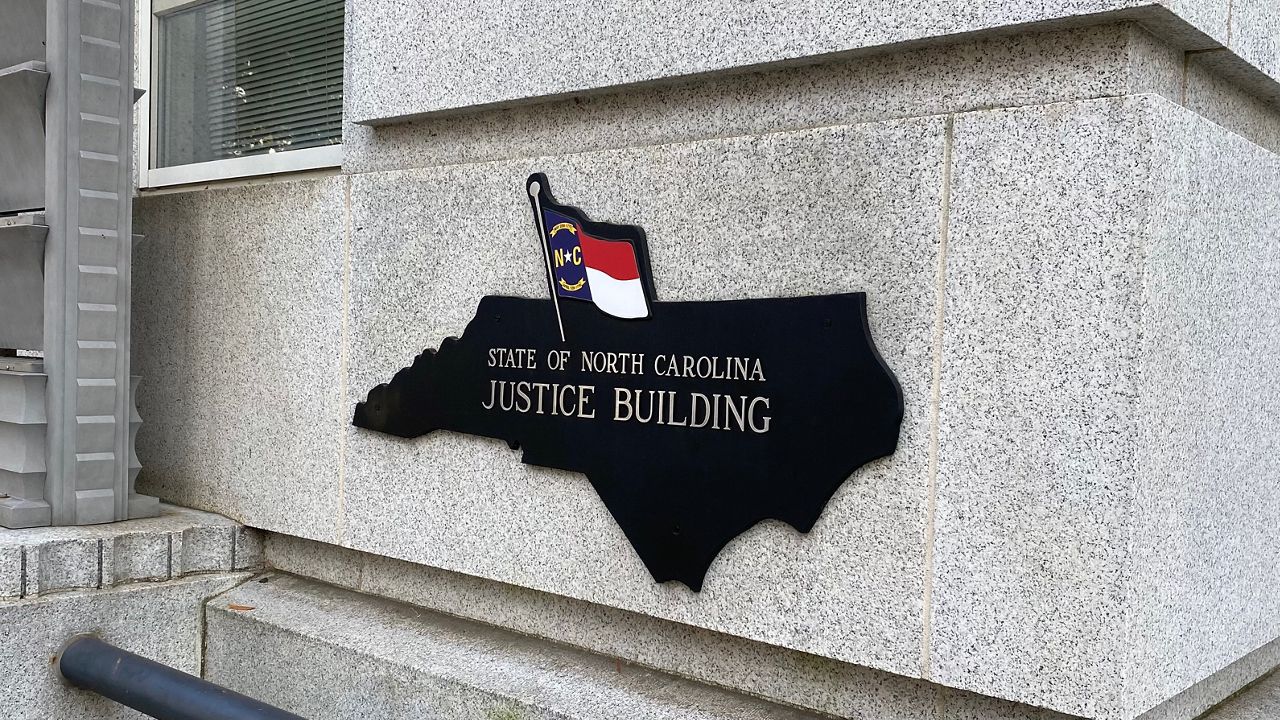The North Carolina Supreme Court reversed its decision on voter identification, finding the law requiring people show ID at the polls is not discriminatory.
The state Supreme Court had already ruled on the voter ID case, with the majority-Democrat court calling the law discriminatory. A new Republican majority on the court reopened the case this year.
"The people of North Carolina overwhelmingly support voter identification and other efforts to promote greater integrity and confidence in our elections," Justice Phil Berger Jr. wrote in the decision released Friday.
"Plaintiffs here have failed to prove beyond a reasonable doubt that S.B. 824 was enacted with discriminatory intent or that the law actually produces a meaningful disparate impact along racial lines," Berger wrote in the opinion.
In a dissenting opinion, the two Democrats on the court criticized the ruling for discounting evidence that requiring ID makes it harder for minorities to vote. They also argued the case never should have reopened in the first place.
"Our precedent, stretching back nearly 150 years into this Court’s history, makes it exceedingly clear that those few and distinguished cases brought back before the Court for rehearing ought to be reconsidered only with tremendous caution," wrote Justice Michael Morgan, a Democrat. He was joined in the dissent by the other liberal on the court, Justice Anita Earls.
The five Republicans on the court decided the majority opinion.
"Plaintiffs failed to produce any witness who could testify to the General Assembly’s alleged discriminatory intent or otherwise rebut the presumption of good faith," Berger wrote. "The named plaintiffs can all obtain free identification cards that can be used for eleven years and, even if they fail to do so, can cast provisional ballots that will be counted if they comply with the forgiving requirements of S.B. 824."



